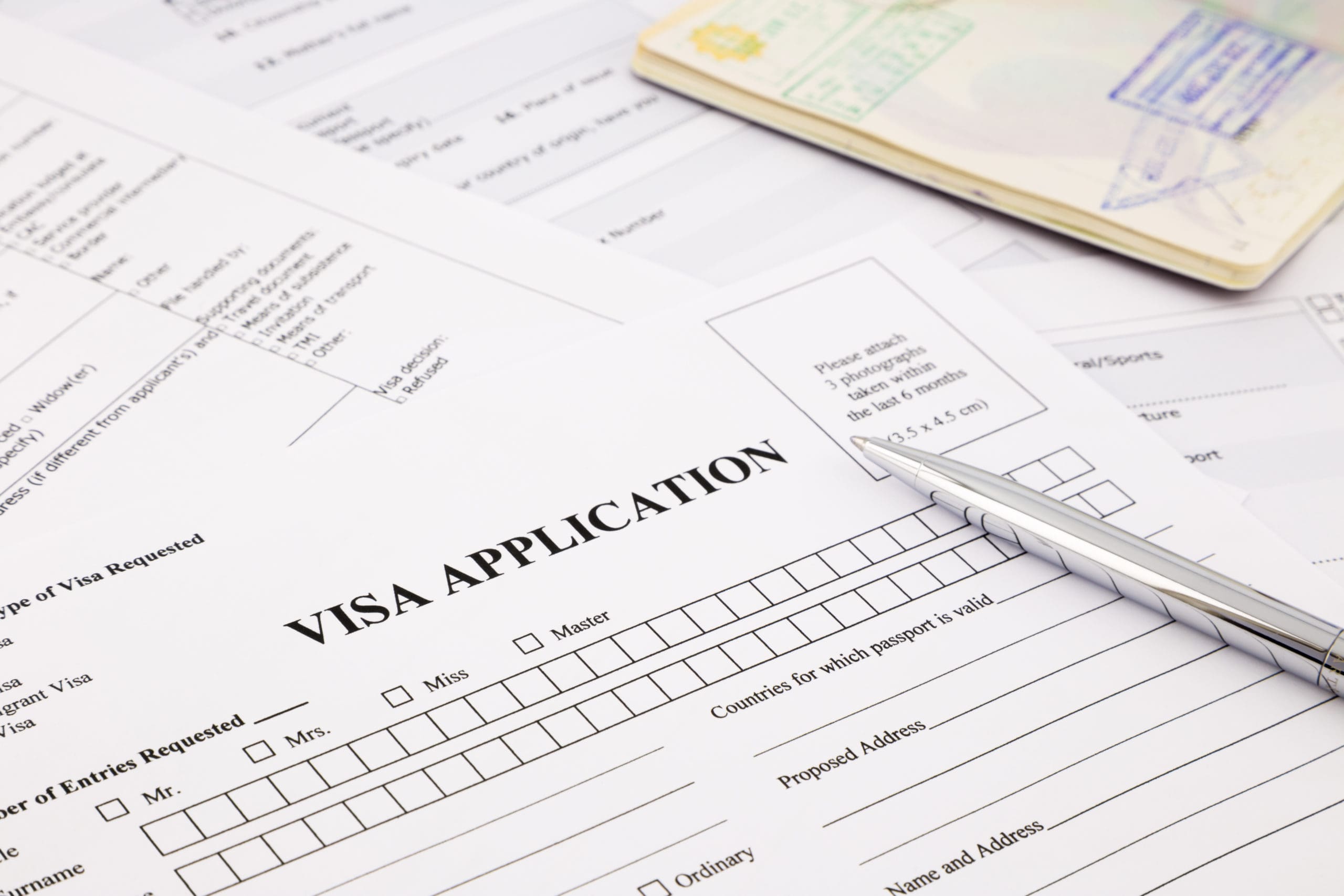UPDATE July 27, 2020: Juan Tang is now in custody.
ORIGINAL July 24, 2020 article:
Federal prosecutors have charged Juan Tang, a Chinese national and visiting cancer researcher at the University of California (UC) Davis, with lying on her visa application about her ties to the Chinese military and Community Party.
The FBI claims she is evading arrest by staying in China’s San Francisco consulate, reports the Enterprise.
The criminal complaint against Tang was filed last month. It alleges she applied for a non-immigrant visa in October and answered “no” when asked if she had ever served in the military or been a member of the Communist Party, reports NBC News. Tang was issued a J-1 visa on November 5 to conduct research at UC Davis, and she arrived in the United States in late December.
U.S. prosecutors claim that Tang lied on her visa application, saying an Internet search done by the FBI revealed an article about Tang that featured a headshot of her wearing a uniform with the insignia of the Civilian Cadres of the Chinese People’s Liberation Army’s (PLA) on it, reports the Enterprise. Additionally, two other articles list Tang’s employer as the Chinese PLA Air Force Military Medical University.
When the FBI interviewed her in June, Tang denied she had served in the Chinese military. She told investigators she and other students at the military school were required to wear the uniform and didn’t know the meaning of the insignia of the Civilian Cadres of the Chinese PLA.
The FBI then served her with a search warrant and found other photos of Tang in a military uniform. Investigators also found an application for state benefits where Tang said she was a member of the Communist Party.
Federal authorities believe that after Tang was interviewed by the FBI, she sought refuge at the Chinese consulate in San Francisco.
This week, federal prosecutors announced similar charges against Stanford University researcher Song Chen, University of California, San Francisco researcher Xin Wang and Indiana University graduate student Kaikai Zhao.
The arrest of these researchers comes amid rising tensions between the U.S. and China. On Tuesday, the U.S. Department of Justice ordered the Chinese consulate in Houston to be closed. In May, the Trump administration announced a ban on Chinese students and researchers with ties to Chinese military universities.
Recently, the FBI has been reaching out to U.S. institutions of higher education, warning them about China’s alleged attempts to steal intellectual property. The campaign began after the discovery of several cases of intellectual property theft, breaches in scientific integrity, cyberattacks, the participation of academic researchers in foreign talent recruitment programs and other forms of foreign interference relating to research performed at U.S. universities.













